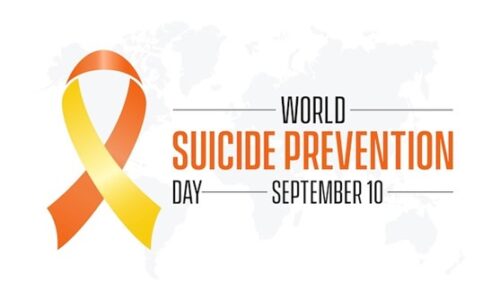It is vital for employers in Northern Territory to play an important role in suicide prevention. As a result of historically underrepresentation, suicide, mental health, and well-being are becoming increasingly important in workplace health and safety efforts. The Northern Territory has workplace standards against psychosocial hazards that put workers at risk. In addition, employers in the Northern Territory have been held responsible for toxic workplaces and management practices that contribute to employee suicides.
The mental health of individuals can be adversely affected by a wide range of factors, and some of those factors are directly or indirectly correlated with suicidal behavior, thoughts, and death. There is a high correlation between many of these workplace factors and non-workplace factors, which further increases the risk of suicide.
Northern Territory Suicide Rates
There were 46 suicide deaths in the NT in 2021 (29 males, 17 females), which is a slight decrease from 51 deaths in 2020. In comparison with other states and territories, the Northern Territory had the lowest number of suicides. NSW had the greatest number of suicide deaths (880), followed by QLD (783), and VIC (675).
As a percentage of all suicide deaths in Australia, 1.6% occurred in the Northern Territory.
In the Northern Territory from 2017 to 2021
- Suicide claimed the lives of 129 Aboriginal and Torres Strait Islander people.
- Non-Indigenous people had the 7th highest suicide rate in the NT, followed by Aboriginal and Torres Strait Islander people.
- In 2021, the intentional self-harm rate for Aboriginals and Torres Strait Islanders was 38.6 per 100, 000, considerably higher than for non-Indigenous people (20.8 per 100, 000).
The Workplace as a Risk Factor for Suicide
There is a great deal of complexity in the effects of work on suicide. A number of factors contribute to the prevention of suicide, including providing meaning and satisfaction, maintaining interpersonal relationships, and providing financial security. Nevertheless, when work is poorly organised or workplace risks are not adequately managed, some employees may be at increased risk of suicide.
An increase in suicide risk is associated with the following factors at work:
- A low level of job security, low pay, and a high level of stress at work
- The ability to obtain guns, medications, and other lethal weapons
- Long work hours and shift work
- Harassment and bullying at work create a toxic work environment
How to Respond to People Who May Be At Risk for Suicide at Work
If an employee is experiencing distress or suicidal, know who to contact in your workplace. If you need assistance, you should contact the Employee Assistance Program and HR Department.
In the absence of an employee assistance program, you can contact the Mental Health Crisis team at NT or Lifeline for referrals to mental health professionals. If someone is in immediate danger, take immediate action. In the event that an employee:
- Having the intention of killing oneself or wanting to die
- An individual who seeks a way to kill themselves, such as searching online or getting a gun
- An expression used to describe feeling hopeless or not having a reason to live
The steps you need to take right away are as follows:
- Get help if there’s a threat of self-harm
- Continue to help the person until further assistance is available
- Provide assistance in contacting the EAP
- Contact the Lifeline if you do not have an EAP
- Stay in contact to ensure appropriate support and follow-up is provided.
What training programs are available for employees and managers in NT?
To reduce the stigma associated with suicide, organisations should invest in suicide and mental health training. When a company prioritises mental health, employees are likely to have more mental health support available to them.
Managers should make full use of the training courses available to them. As one of them, there is standard mental health first aid. As a result of taking this course, participants will gain helpful skills for initiating meaningful conversations with their employees.
CALM Suicide Intervention Skills in addition to CALM Suicide Awareness. A number of suicide prevention programs are available to employers along with suicide prevention and intervention programs.
Our company, WHS and Training Compliance Solutions, offers elearning, standard mental health first aid, CALM Suicide Intervention Skills and CALM Suicide Awareness across NT.












